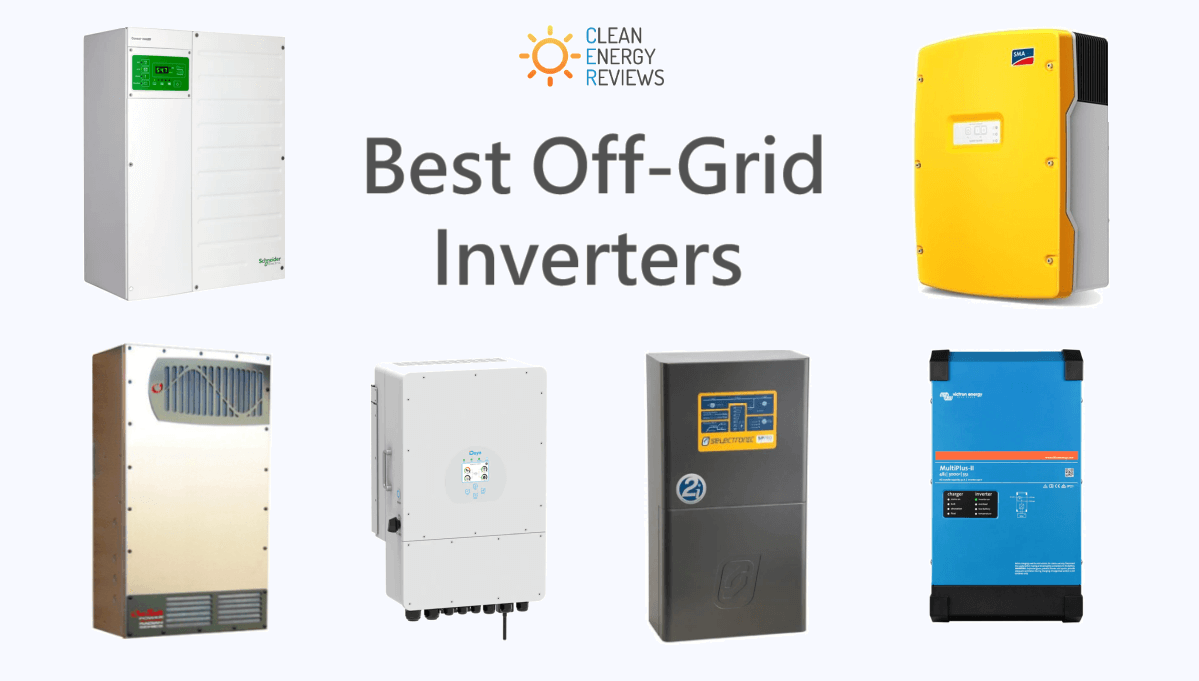No products in the cart.
No. 1 NIGERIA SOALR ENERRGY AND APPLIANCES STORE FAST NATIONWIDE DELIVERY - OFF 10%! SHOP NOW
End of Content.
End of Content.

Table of Contents
ToggleWith Nigeria’s electricity challenges worsening, many households and businesses are switching to solar energy. At the heart of every solar power system is the inverter. Understanding the solar inverter price in Nigeria is essential if you’re planning to go solar in 2026.
In this guide, we’ll break down the cost of inverters by kVA, compare popular brands like Luminous, Felicity, and Su-Kam, and help you estimate installation costs and product compatibility.
| Inverter Size | Estimated Price Range (₦) | Brands Available |
|---|---|---|
| 1kVA – 1.5kVA | ₦120,000 – ₦180,000 | Luminous, Su-Kam |
| 2kVA – 2.5kVA | ₦160,000 – ₦250,000 | Felicity, Prag |
| 3.5kVA – 5kVA | ₦250,000 – ₦550,000 | Luminous, Prag, Felicity |
| 7.5kVA – 10kVA | ₦600,000 – ₦1,500,000+ | Victron, Felicity |
Prices may vary slightly depending on location (Lagos, Abuja, Port Harcourt), brand, and whether you’re buying online or from a local dealer.
Luminous is one of the most trusted inverter brands in Nigeria. It’s widely used in homes and small businesses.
Felicity Solar offers hybrid and non-hybrid inverters, ideal for medium to large-scale installations.
Prag is known for rugged designs and affordability.
A legacy Indian brand still used by many Nigerian households.
Victron is a premium European brand used in commercial solar systems.
Whether you’re in Lagos, Abuja, or Enugu, installation cost varies based on system size and battery bank.
| System Size | Typical Use | Installation Cost (₦) |
|---|---|---|
| 1kVA – 2.5kVA | Lights, rechargeable fans, TV | ₦30,000 – ₦70,000 |
| 3.5kVA – 5kVA | TV, fridge, fan, router, Blenders | ₦60,000 – ₦150,000 |
| 7.5kVA – 10kVA | Full home + AC or business setup | ₦150,000 – ₦350,000+ |
Tip: Get installation from a certified technician to avoid wiring faults and poor battery-inverter pairing.
Looking for the best place to buy solar inverters in Nigeria? Here are your options:
Whether you want to buy solar inverter in Lagos, Port Harcourt, or Benin, compare price, warranty, and after-sales service before making payment.
Looking for a full setup? Here are current complete solar inverter system prices in Nigeria:
| System | Inverter Size | Includes | Total Cost (₦) |
|---|---|---|---|
| 1.5kVA Kit | 1.5kVA inverter | 2x 200Ah battery, 2 panels | ₦650,000 – ₦750,000 |
| 3.5kVA Kit | 3.5kVA inverter | 4x 200Ah battery, 6 panels | ₦1.1M – ₦1.4M |
| 5kVA Kit | 5kVA inverter | 6x 200Ah battery, 10 panels | ₦1.7M – ₦2.2M |
This is perfect if you’re searching for inverter and battery price in Nigeria or solar kits with inverter and battery.
1. Which inverter brand is better for home use: Luminous or Felicity?
Both brands are trusted in Nigeria. Luminous offers strong efficiency and long lifespan, while Felicity is known for durability and strong support for solar systems.
2. How much does a Luminous or Felicity inverter cost in Nigeria?
Prices typically range from ₦400,000 to ₦600,000, depending on the inverter capacity, model, and whether it is a hybrid or non-hybrid system.
3. Can these inverters power heavy appliances like AC or freezers?
Yes. With adequate battery capacity and solar panels, they can power a small AC, freezer, TV, fans, and essential home appliances.
4. What is the difference between a hybrid inverter and a normal inverter?
A hybrid inverter charges from NEPA and solar simultaneously, while a normal inverter charges only from the grid. Hybrid models offer more convenience but are more expensive.
5. Are Luminous and Felicity inverters energy-efficient?
Yes. Both brands are known for high energy efficiency, meaning they convert more stored power to usable electricity, reducing energy loss.
6. Do Luminous and Felicity inverters support solar charging?
Yes. Most models, especially the hybrid types, are designed to work seamlessly with solar panels, making them suitable for solar installations.
7. How long can these inverters power home appliances?
Backup time depends on your battery size, number of appliances, and overall load. Typically, a well-sized battery bank can last 4–12 hours or even longer with solar support.
8. What battery type works best with these inverters?
For best performance, use lithium batteries or tubular batteries. They offer better lifespan and deeper discharge cycles compared to standard batteries.
9. Where can I buy authentic Luminous or Felicity inverters in Nigeria?
You can buy from:
10. Do these inverters come with warranty and installation support?
Yes. Most sellers offer 1–2 years warranty and can provide professional installation to ensure proper setup and long-term performance.
The solar inverter price in Nigeria varies by size, brand, and battery compatibility. If you’re just starting, a 1.5kVA or 3.5kVA inverter is suitable. For full home or office usage, go for 5kVA or 10kVA hybrid models from trusted brands.
Michael is a Renewable Energy Content Strategist in Nigeria. He specializes in solar energy solutions, helping homes and businesses make smarter energy decisions through practical, data-driven content.

Solar Energy Supply Stores is Nigeria’s trusted e-commerce platform for affordable solar products and quality home appliances. From solar panels, inverters & batteries to everyday home essentials, we provide reliable products from top brands at the best prices. Shop with confidence and enjoy fast delivery anywhere in Nigeria.
Mon – Fri : 8:30 – 18:00
© 2025 Solarenergysupplystores.com